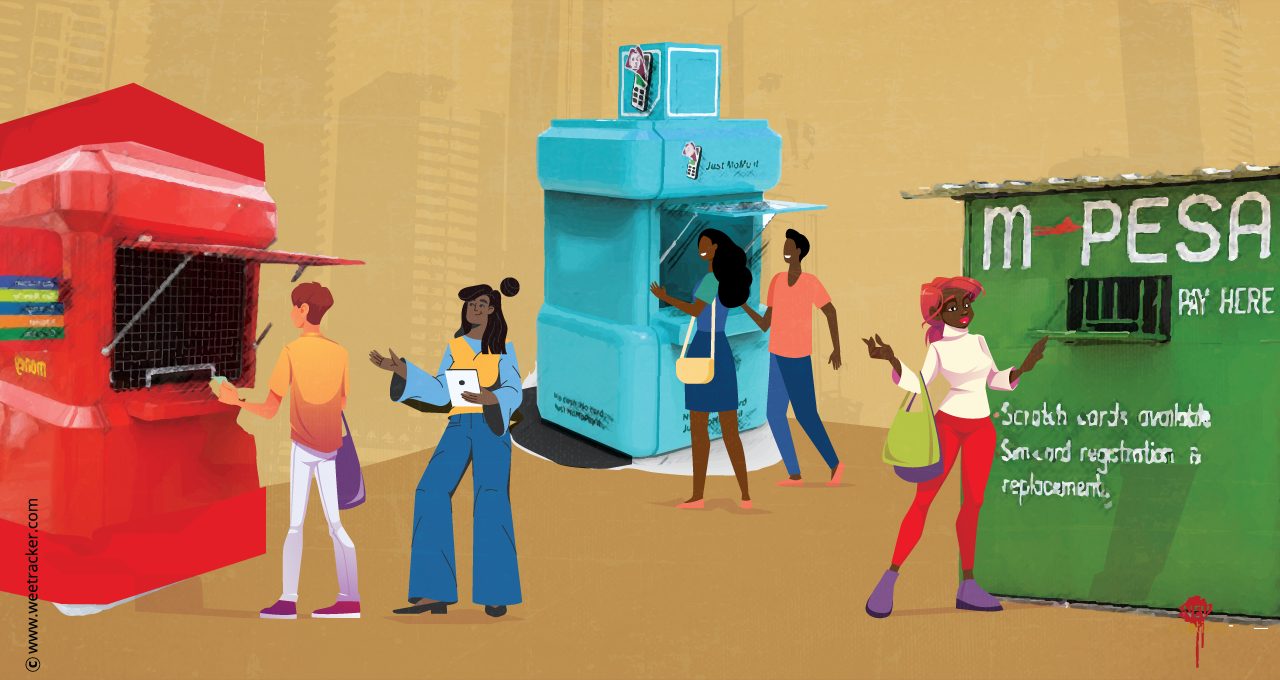Mobile Money Growth Records Historic Low As Kenyans Opt Out

The period following a government hike in tax on transaction fees has seen Kenya, a leader in mobile money transactions, experience its slowest growth in mobile money transfers since 2007. Central Bank of Kenya data reveals a modest increase in transaction value to KES 7.95 T (USD 49 B) in 2023, compared to the previous year’s KES 7.91 T. Mobile wallets saw a 6 percent uptick, reaching 77.3 million by the end of 2023.
Mobile money platforms, renowned for their speed and cost-effectiveness, have been the preferred choice for Kenyan citizens. As the world’s second-leading mobile money economy after China, Kenya boasts major providers like Safaricom’s M-Pesa which is, by far, the dominant platform.
The 0.5 percent growth in transaction value in 2023 marks the slowest pace since the service’s 2007 introduction, attributed to a 15 percent excise duty on transaction fees, up from the previous 12 percent.
Small businesses in Kenya are also turning away from mobile money, favouring cash to evade stringent tax measures. Last year, the Kenya Revenue Authority deployed paramilitary-trained field officers, termed Revenue Service Assistants, to ensure tax compliance, leading to a decline in mobile money usage.
M-Pesa, with a 99 percent market share, saw a shift as businesses opted for cash payments, prompting the tax body, Kenya Revenue Authority (KRA), to seek information from Safaricom. This move marks a significant departure for a country known for pioneering mobile money.
With nearly 60 percent of the country’s revenues allocated to debt-service costs, President William Ruto’s administration aims for a 25 percent increase in annual tax revenue, applying unpopular tax hikes and aggressive compliance measures.
The introduction of KRA field officers has raised concerns among small businesses, leading some to avoid mobile money payments to sidestep potential tax burdens and harassment. Rising transaction charges, alongside taxation, have impacted small businesses, with merchants questioning the viability of Lipa Na M-Pesa, a popular merchant payment service.
Generally, East Africa witnessed a two-year decline in mobile money activity from 2020. In Tanzania, taxes on mobile money have similarly dampened usage. A government levy, introduced in July 2021 and later reduced due to public pressure, has threatened financial inclusion gains as Tanzanians revert to cash, especially among vulnerable and poorer segments of the population.